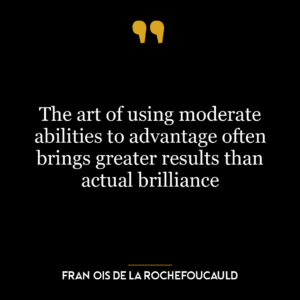This quote is a profound observation about the intricate relationship between systems and outcomes. It suggests that the outcomes or results we get are not random or accidental, but are rather a direct reflection of the systems or processes we have in place. In other words, if you’re not happy with the results you’re getting, it’s likely because your systems are flawed or not optimized for the results you want.
In its essence, the quote is a call for introspection and review of our systems or processes. It underscores the fact that if we want different results, we must change our systems, not just our goals or intentions. It’s easy to wish for different results, but without changing the underlying system, we will keep getting the same outcome.
This idea is particularly relevant in today’s world, where we are constantly striving for improvement and better results in various aspects of life, from personal development to business growth. For instance, in a business context, if a company is not achieving its sales targets, instead of just pushing the sales team to work harder, the management should review their sales strategy, their product, their pricing, and their marketing efforts. These are the systems that directly impact sales results.
Similarly, in personal development, if someone is trying to lose weight but isn’t seeing results, they should examine their diet and exercise regimen, their sleep patterns, and their stress levels. These are the systems that determine weight loss or gain. Simply wanting to lose weight without addressing these systems will not yield the desired results.
In conclusion, this quote is a powerful reminder that our results are a mirror of our systems. It prompts us to focus on improving our systems if we want better results, rather than just wishing for different outcomes. It’s a principle that can be applied in various aspects of our lives, leading to more effective problem-solving and goal achievement.



